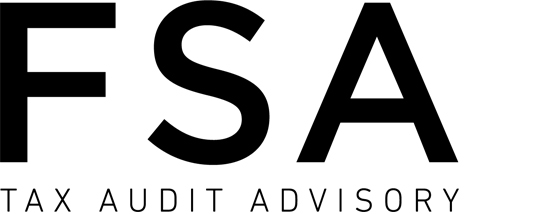Taxpayers need to consider what work-related expenses they will be looking to claim in the new financial year, and what records they will need to substantiate those deductions.
Records can be kept as a paper version, an electronic copy, or a ‘true and clear’ photo of an original record.
Working from home deductions
Taxpayers can use two different methods to calculate their working from home deductions, and they each have different requirements:
- With the fixed rate method, taxpayers will need a record of the actual number of hours they worked from home for the whole financial year, and at least one record for each of the additional running expenses they incurred that the rate includes (e.g., an electricity bill).
- To use the actual cost method, taxpayers must also keep records for any additional running expenses they incurred, and the depreciating assets they bought and used while working from home, and show how they apportioned work-related use for their expenses and depreciating assets.
Please contact our office if you need any assistance with your record keeping requirements, such as logbook requirements for car expenses.








